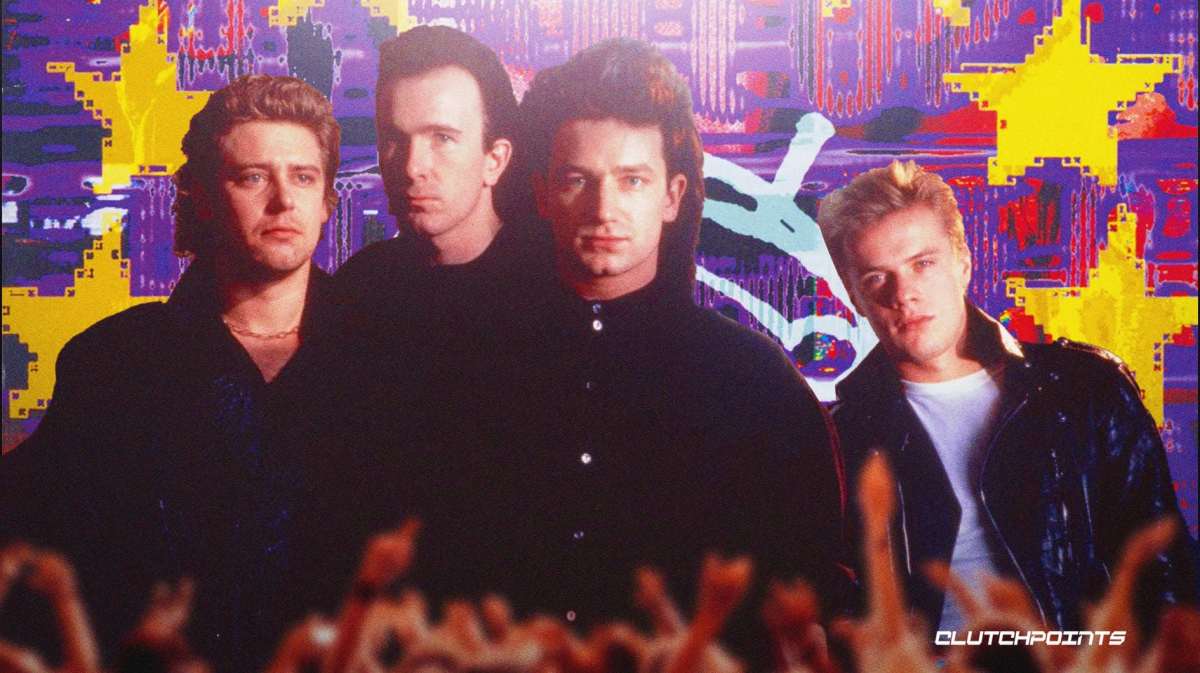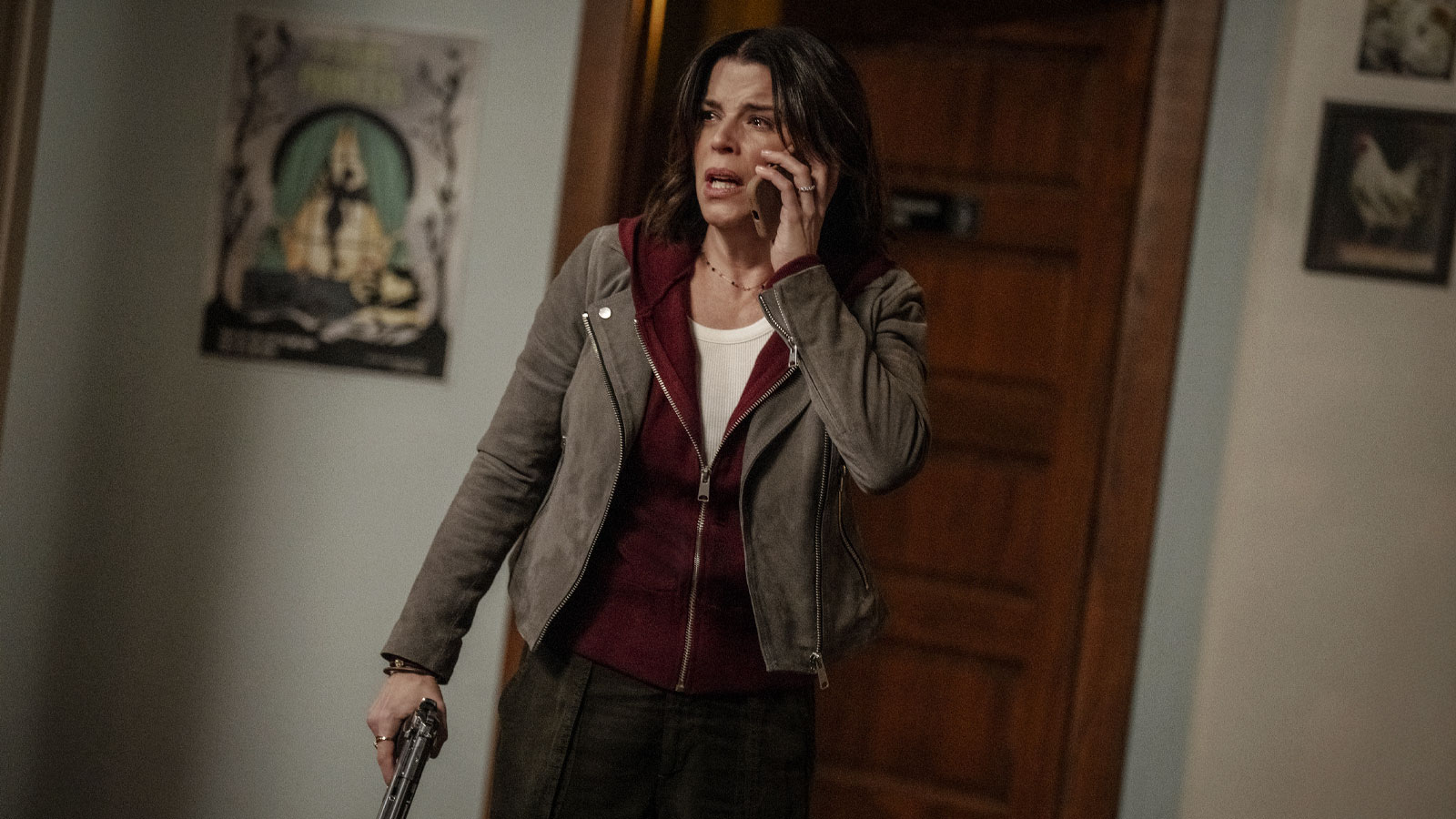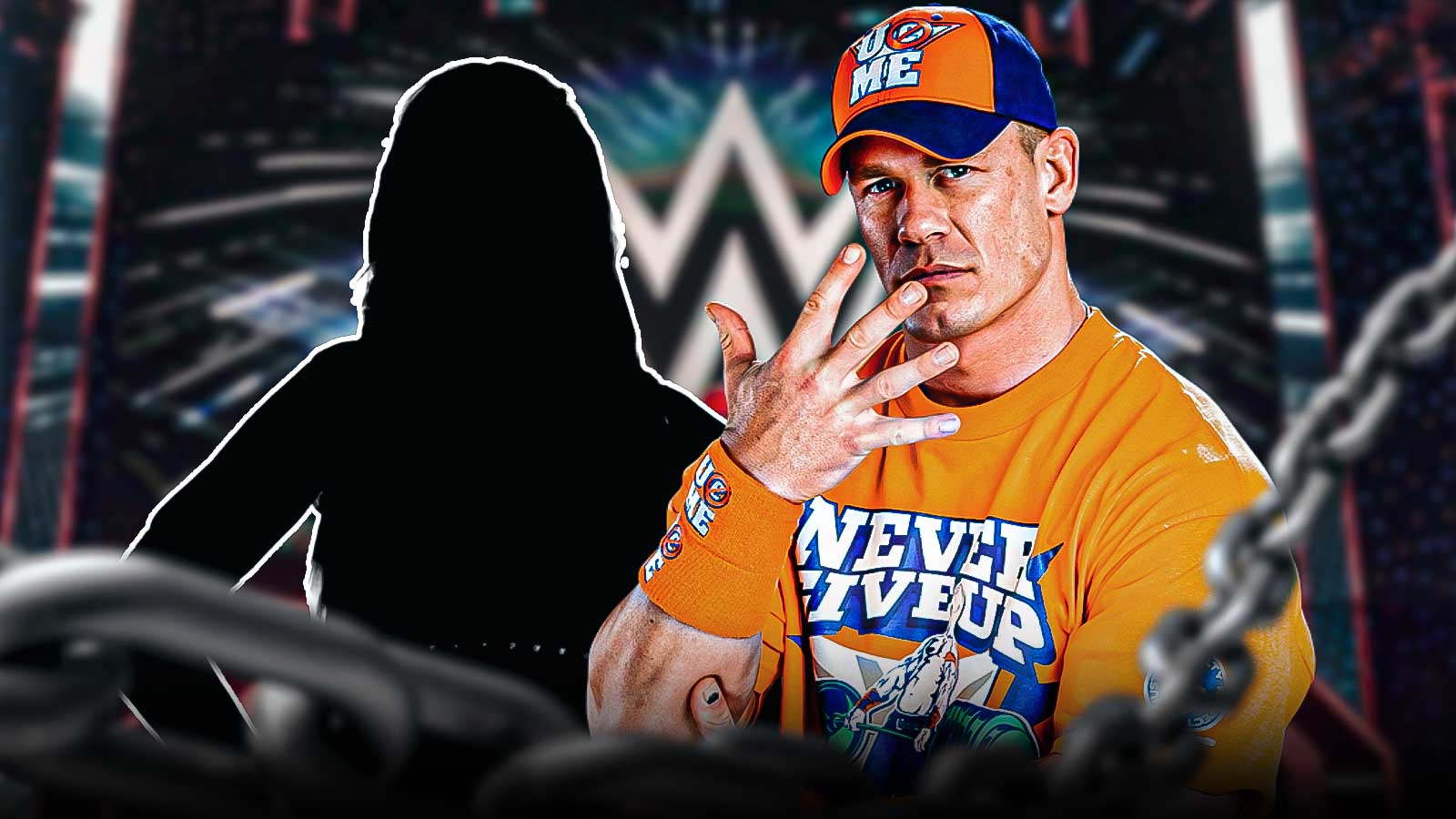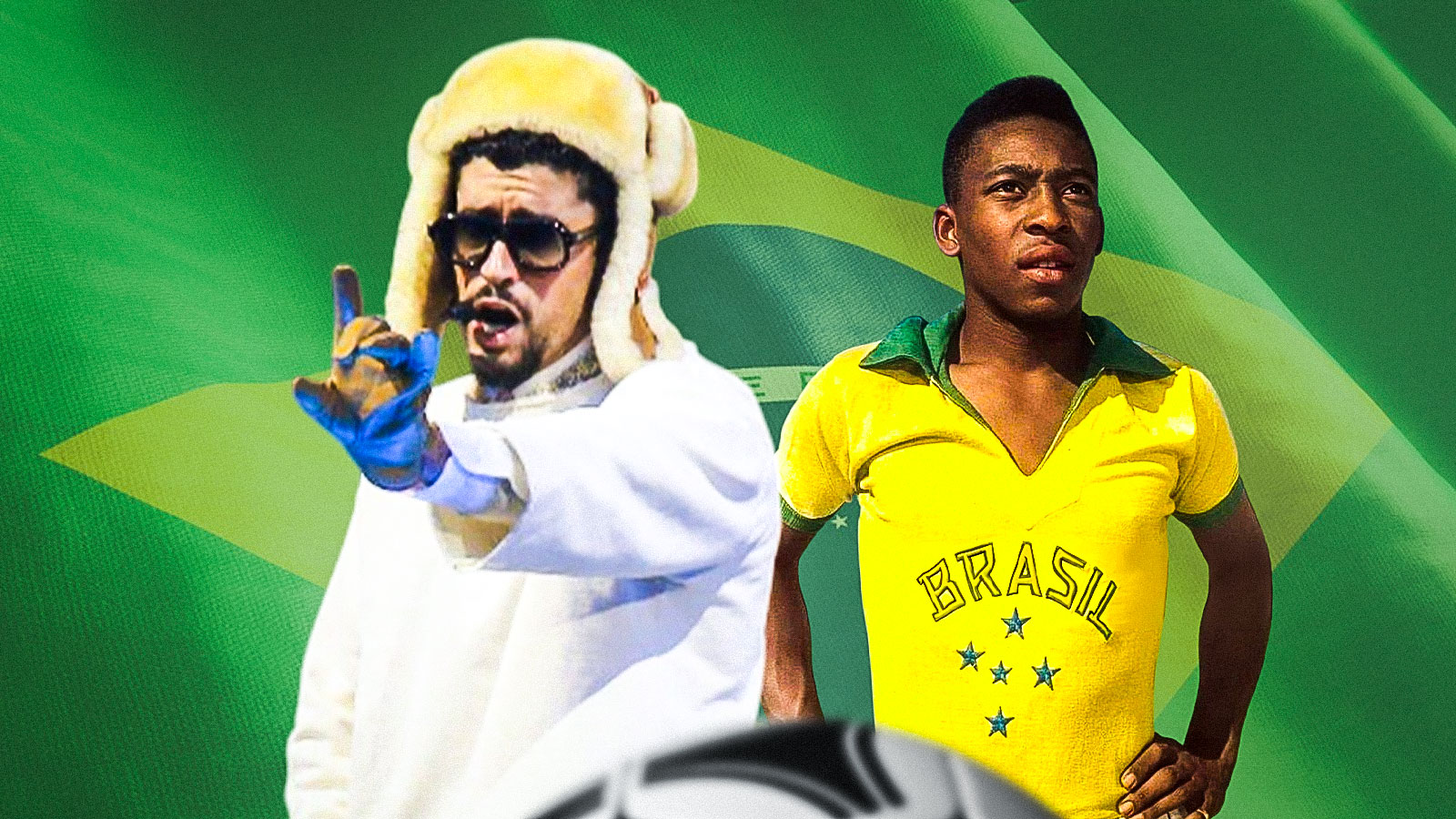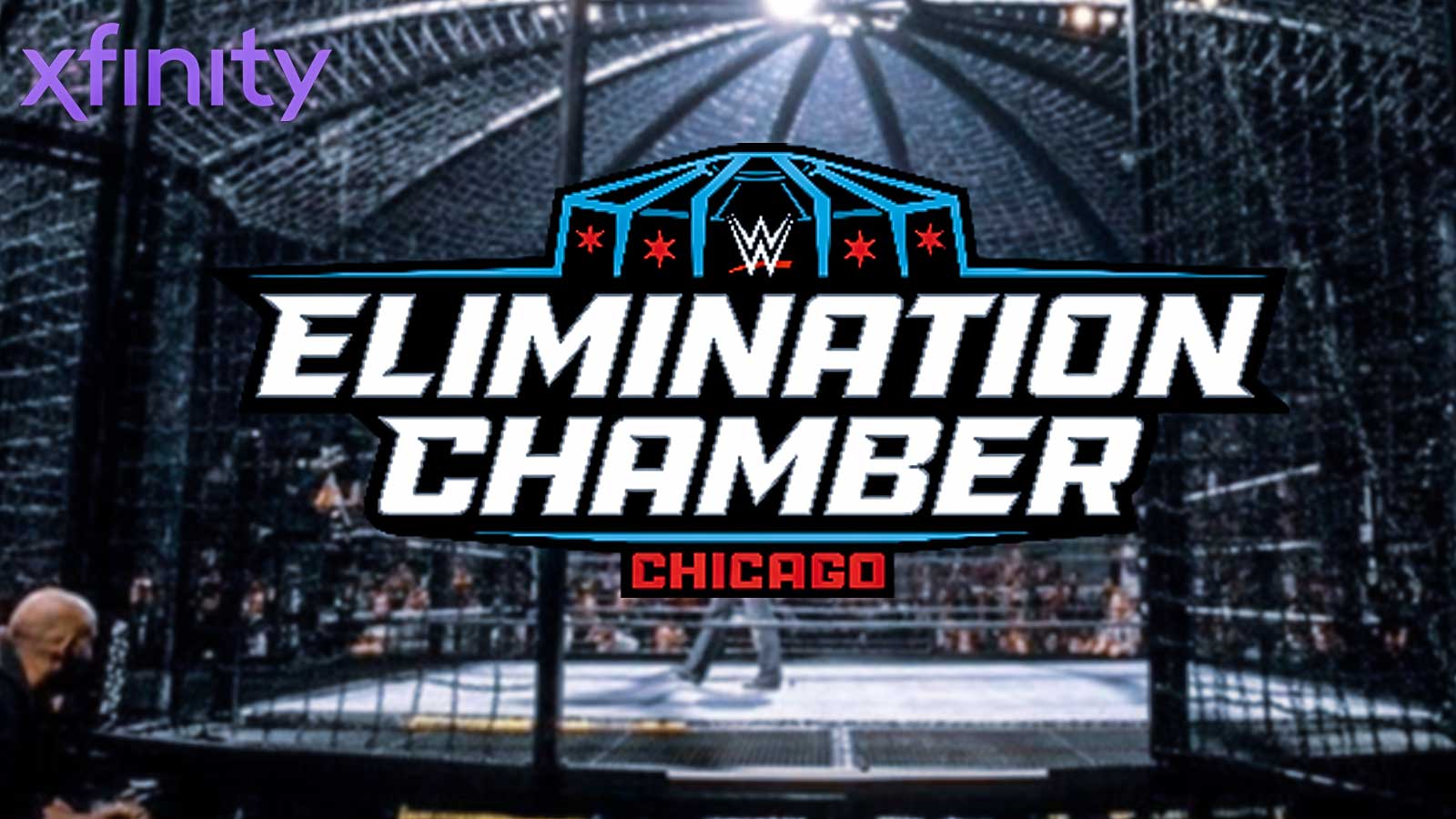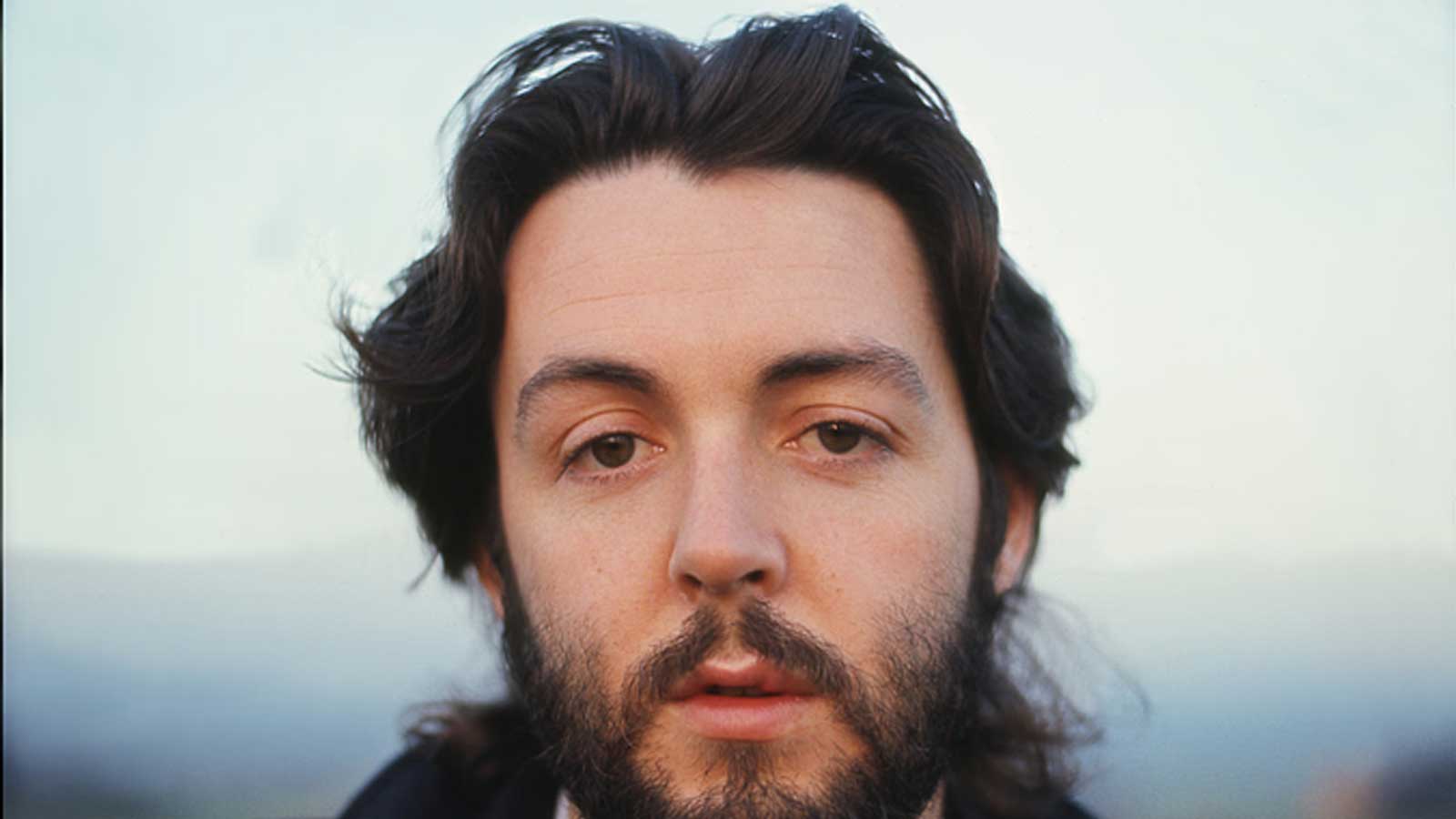U2 has put out a lot of great albums. All of their recent output, both Songs of Innocence and Songs of Experience, are personal favorites. But their last true masterpiece, Zooropa, celebrates its 30th birthday on July 5.
Where U2 was in 1993
Not two years after the game-changing album that saw U2 “dream it all up again,” Achtung Baby, the band released another album that they worked on while embarking on their most ambitious tour to date, the “ZooTV” tour. The '90s brought a new style, a new aura, and a new sound to the band that gave fans heartthrobs with every play of “With or Without You” or “All I Want is You” on the radio.
In 1993, U2 was knee-deep in their alternative sound. While not nearly as garish as Achtung Baby — another masterpiece — Zooropa turns back the dial on the amount of wah-wah pedals used but doubles down on Bono's vocals and lyricism. At this point, Bono was at the height of his vocal powers. He can still belt to this day three decades later, but his voice from 1991-1993 was the stuff of legends. It had this angelic, airy quality that gave you the confidence he could hit any high note in the book (just listen to the band's covers of “Satellite of Love” or “Can't Help Falling in Love” from the “ZooTV” tours). Zooropa gave Bono plenty of chances to flaunt his voice, but let's start at the beginning.
Achtung Baby started with a bang, almost as if U2 was sending warning signals out to fans who wanted the same old sound full of delay pedals and soft-spoken melodies that carried them through the '80s. You can find the type of ballads that made U2 famous, but Zooropa begins with a complete juxtaposition to the last album: silent.
Zooropa tracks
The titular track, which kicks off the album, begins with nearly a minute of silence as ambient sounds begin to kick in with piano notes playing in the background. The song itself always transports me back to Ridley Scott's Blade Runner film, as sonically, it bears resemblance to what you'd hear in that film and bits of Vangelis' iconic score. It's a slow build — beginning with a wah-wah guitar riff and Bono slowly singing lines like “eat to get slimmer.” The song then transitions to a more anthemic rhythm where Bono begins singing “And I have no compass, and I have no map/And I have no reasons, no reason to get back,” perhaps talking about U2 not looking back at the past and only moving forward.
This then leads to “Babyface,” which is like a rock lullaby. That lullaby somehow sets up Zooropa's weirdest song, “Numb.” Personally, this is the lone song on the album I've never vibed with — perhaps due to the odd music video that sees The Edge get tied up by the other band members. Nevertheless, it predominantly features The Edge on vocals as he delivers the lines in a spoken-word manner. The song features a bunch of “don'ts” including “don't grab,” “don't clutch,” and “don't hope for too much.”
Somehow, the weirdness of “Numb” lends itself perfectly to the upbeat and cheery “Lemon.” The song is constructed around a relatively simple backing track as Adam Clayton's bass grooves in the background much as it does on “Mysterious Ways.” Bono sings each verse in full falsetto much like the aforementioned “Satellite of Love” and “Can't Help Falling in Love” covers. From a purely technical standpoint, this may be Bono's greatest vocal performance in the studio.
But “Stay (Faraway, So Close!)” gives “Lemon” a run for its money in that regard. The song takes the perspective of a guardian angel as it watches over an abused woman. It was used in Wim Wenders' film Faraway, So Close!, and thematically fits that film. As the song builds and reaches its crescendo, Bono passionately sings the choruses with an angelic falsetto, but it's the final delivery of the word “stay” that will haunt you well after listening to the track. It's a song that still gravitates audiences to this day — they brushed it off in 2018 on the “eXPERIENCE + iNNOCENCE” tour and it wouldn't be shocking to hear it played in Vegas this fall — but no live performance quite captures the magic of the original studio version. Pure bliss.
Side 2 of Zooropa is an interesting mix of hits and underrated gems. “Some Days Are Better Than Others” is quite silly when you listen to the words, but musically it's the closest answer to “Tryin' to Throw Your Arms Around the World” that the album has. It also has a gnarly guitar solo that is like the sister of “The Fly's” guitar solo late in the song. And then you have “The First Time” — the perfect song for U2 fans longing for a ballad a la “Running to Stand Still.” While the song was only played live in full a small number of times on U2's “Vertigo” tour (and once on the “ZooTV” tour), it would be cool to hear this song played when U2 takes on the Sphere.
The penultimate song on Zooropa is “Dirty Day” — a song written about Bono's tumultuous relationship with his father. Like “With or Without You,” “Dirty Day” is a simple song that features a four-note bassline that plays underneath Bono's singing and The Edge's guitar. As it builds to its middle eight, it's like you're hearing the culmination of everything U2 wanted to be in the '90s. The “days, days, days” bit at the end is a lot like the ending of “Zooropa,” and it would be an appropriate end to the album.
But then comes one of U2's finest works, “The Wanderer.” It's very similar to “Lemon” with its electronic bassline in the background that drives the song, but the biggest differentiator is that Bono is not the lead singer. Sure, he has given up the microphone to The Edge on a handful of occasions like “Van Diemen's Land,” but for the first time, Bono gave up the stage to another iconic voice: Johnny Cash.
It's an instantly recognizable voice, one that's rich and the complete antithesis of most of Bono's vocal performances in the '90s. “The Wanderer” is a biblical song that paints the image of a dystopian desert for a man searching for God. It's further enhanced by Bono and The Edge's choir-like backing vocals. Bono does get his falsetto moment at the end of the song as it fades out.
And then we come full circle with this U2 album, as the ending of “The Wanderer” is met with about 30 seconds of silence before radio signals begin screeching into your ears. It's an album that begins and ends with silence that's met with random sounds whether it be radio signals or political leaders and their speeches.
How will U2 celebrate Zooropa at the Sphere?
Hopefully, U2 will brush off some Zooropa songs for their shows at the Sphere this fall. The Edge has acknowledged the fact that the album will be celebrating its 30th anniversary this year just months before the Sphere shows begin. And while those shows may be Achtung Baby-centric, there's no harm in also paying homage to the album that's easily associated with it, Zooropa.
That said, there are exciting possibilities for Zooropa songs in a space like the Sphere, which looks to be revolutionary with its audio-visual experience. Songs like the titular track would be exciting both sonically (the band hasn't played the song in full in over a decade) and visually (imagine Blade Runner-like images sprawled across the Sphere).
That said, I do hope that U2, should they play anything from Zooropa, go further out of their comfort zone. I'd be happy with anything, even if that means “Stay (Faraway, So Close!),” but it'd really awesome to hear something like “Lemon” or “The Wanderer” — songs the band has hardly ever tackled live — played 30 years after the album came out. I guess we'll just have to “dream out loud” until the Sphere shows come around and we know what songs the band has decided to play.
U2 will kick off their residency at the Sphere on September 29. For more information including show dates, click here.

